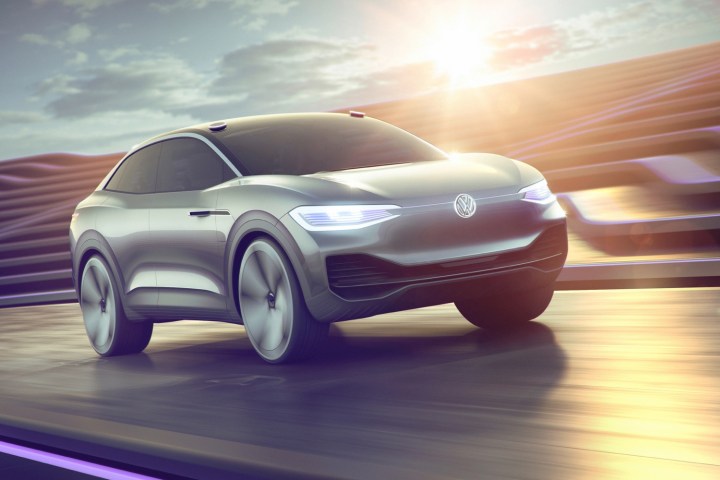
Volkswagen and Intel-owned Mobileye are teaming up to launch a ridesharing service in Israel using autonomous electric cars. Development of the project will begin in 2019, with full commercialization in 2022, the partners said in a press release. VW and Mobileye are racing against competitors like Waymo, Uber, Ford, and General Motors to be the first to commercialize self-driving cars.
Under the terms of the partnership, Volkswagen will provide electric cars, while Mobileye will provide the hardware needed to make them autonomous. A third partner, Champion Motors, will oversee fleet management and run a control center. The Israeli government will clear any regulatory red tape, as well as provide access to traffic data and infrastructure. This will clear the path for other ventures wishing to launch autonomous ridesharing services in Israel, VW and Mobileye said.
As both automakers and tech companies continue to develop self-driving cars, the emphasis is firmly on ridesharing rather than private ownership. Waymo plans to launch a commercial-scale ridesharing service in Arizona before the end of this year, and Uber has long sought to replace its human drivers with machines. General Motors has indicated that it is close to launch a ridesharing service through its Cruise Automation division, while Ford has said the self-driving car it has promised to launch in 2021 will be aimed at commercial fleets rather than individual owners.
Concentrating on ridesharing offers a number of advantages. It allows companies to maintain tighter control of what is, after all, a new and largely untested technology. Operators can ensure that cars never stray out of a well-mapped area through geofencing, and can regularly evaluate vehicles when they return to their home base.
Cars used for ridesharing can also continually generate revenue for automakers and tech companies, while selling them to individual buyers severely curtails opportunities for future revenue. Compared to human drivers, autonomous cars could generate vastly more money in ridesharing because they can stay on the road longer.
Mobileye previously supplied hardware to Tesla for the Silicon Valley automaker’s Autopilot driver-assist system, but discontinued that relationship. The company now conducts autonomous-car research in concert with parent Intel, as well as BMW. Volkswagen previously partnered with U.S. startup Aurora Innovation on autonomous-driving tech. VW is planning to launch a family of electric cars over the next few years as it looks to put a massive diesel-emissions scandal behind it.
Editors' Recommendations
- Cruise’s robotaxi service suspended by California regulator
- Cruise autonomous vehicle drives over woman just after she was hit by another car
- Volkswagen ID.GTI concept is another icon reimagined as an EV
- Waymo taps the brakes on its autonomous-trucking project
- Volkswagen is launching its own self-driving car testing program in the U.S.


